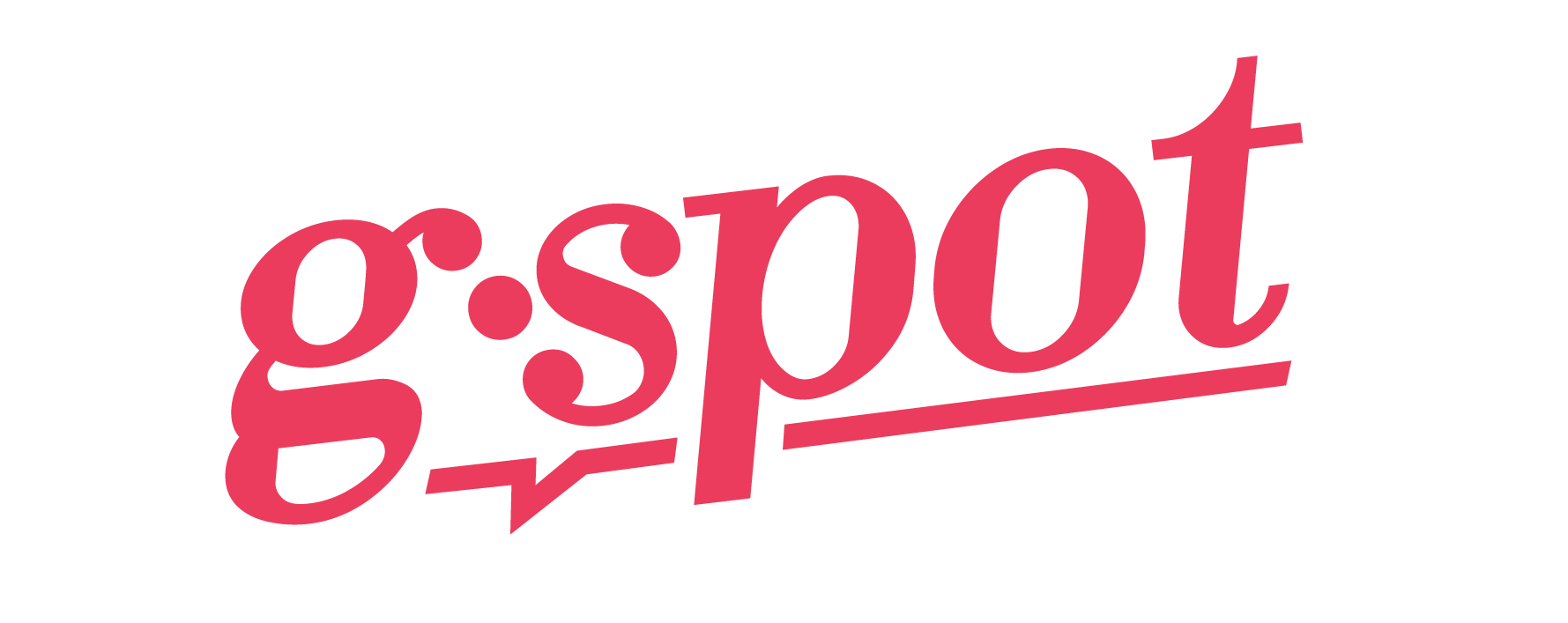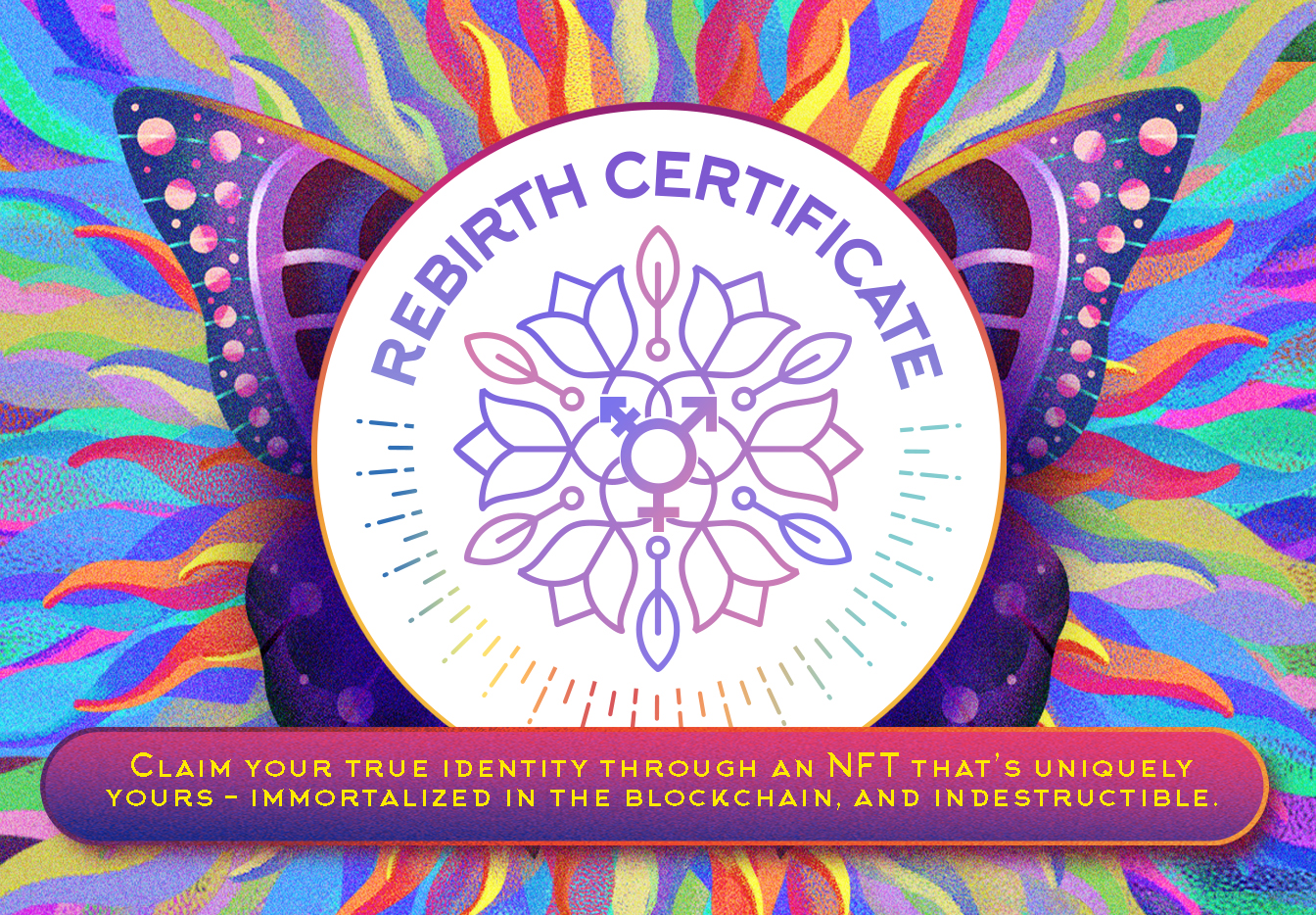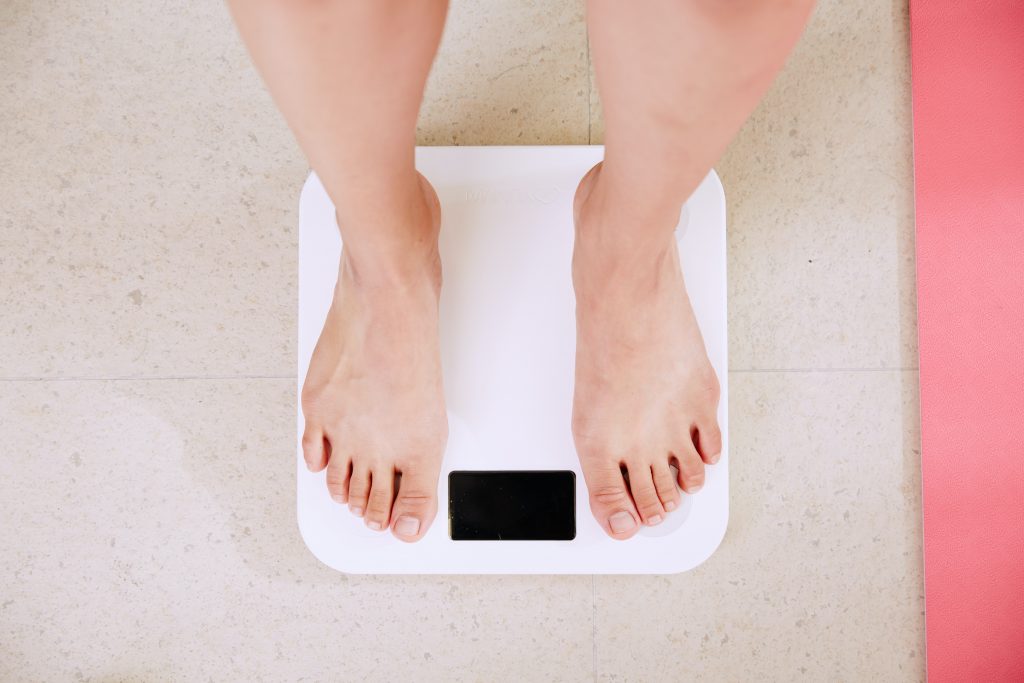You probably have or have not met a nutritionist yet. But, thanks to the pandemic and the accompanying increased awareness of the importance of health and nutrition, more people have now become interested in seeking the professional help of nutritionists to guide them with their food intake.
The best person to help you with healthy eating and your nutrition-related health concerns is, of course, a dietitian. In the Philippines, a licensed nutritionist is officially called a Registered Nutritionist-Dietitian. This is a person who has completed a four-year bachelor’s degree in Nutrition and Dietetics and has passed the licensure exam. This enables the person to have the initials RND attached at the end of his/her name and is considered a health professional.

You might be a bit confused about the difference between a nutritionist and a dietitian. Allow me to share briefly. A nutritionist is one who deals with nutrition principles and wellness for the general population, but cannot make diet prescriptions and meal plans for people with medical conditions. On the other hand, a dietitian is one who is licensed to perform the latter and works with the medical team to help you address your health concerns. So, in the Philippines, these two titles or professions have been merged in one academic course.
From my encounters, the common impression people have about nutritionists is that we count calories and make meal plans. But, those are not the only things we’re all about. Here are some of the more important aspects and points of nutrition that deserve more of your attention:
We are all on a diet.
Merriam Webster’s first definition for diet is “food and drink regularly provided or consumed.” So, yes, that means anything we eat or drink is our diet! It’s the quality of our diet that matters whether it’s a healthy and nourishing one or not. Food is cure or poison — you choose.
It’s not all about calories.
Calorie deficit might be one of the hottest terms in fitness media these days, but (not) sorry to burst your bubble, healthy eating is not based on calories alone. Quality is just as important, if not more, than quantity.
You can picture out an example of having to choose between 100 calories of crackers versus 100 calories of fruits. Which do you think would serve your body better? I’m sure you know the answer to that. So, don’t get too obsessed with the numbers. Nutritional quality (nutrient density) of food is also what matters at the end of the day to ensure our bodies are getting what it really needs.
You can’t outrun a bad diet.
In relation to point no. 1, if you don’t watch the nutritional quality of your food, your workouts will only get you so far. If you eat junk, then you’re just running yourself to the ground if you try to exercise more to compensate for it. Most likely, the health benefits you’ll be getting from exercise won’t be able to compensate for the lack of nutritional content in your food.
That’s the thing about “counting macros” — people tend to forget about their “micros” (micronutrients), which are actually the fundamental elements needed to support the body’s systems and functions. We don’t live to eat; we eat to live.
Nutrition is about having a healthy relationship with food and yourself.
Nutrition is essentially the relationship between food and our bodies. We don’t want food to dictate our lives (having no control of the food we eat), but rather we want to dictate how food impacts our health.
That’s why our food choices are crucial: it’s the most important decision we make each day. And wouldn’t we want to choose what serves us best? To honor the body that enables us to do our work every day and helps us achieve our goals and dreams. And it’s not through imposing restrictions on ourselves; it’s a matter of awareness and self-regulation.
HOW we eat matters just as much as WHAT we eat. Eating is one of the things a lot of people take for granted when it’s one of the things we can easily do to serve ourselves and even the people around us.
Eating goes beyond physical nourishment — it is also a social connection. It impacts our relationships and productivity. Eating right is a form of self-respect and self-love. You can start truly taking care of yourself by choosing to be more mindful and intentional in what you eat, how you eat, and how you view yourself and food.
You don’t have to weigh yourself every day.
It’s impractical to weigh ourselves every day because our weight fluctuates daily, influenced by several factors such as hydration, water distribution, bowel movement, and physical activities. So, it’s really not a good idea to obsess over the numbers on the scale.
Also, body composition matters more than weight. You could maintain your weight while having lost body fat and gained muscle mass, which is healthier. Unless you’re an athlete on a strict regimen with specific body composition targets, a healthy practice to checking your progress is to do your weigh-ins weekly at the most.
And if you can get a body composition scale, it would be more helpful to know if the weight you lost or gained is from fat or muscles rather than just relying on weight alone to track your progress.
Sleep is life.
Sleep is another lifestyle aspect many of us tend to take for granted, and it has a direct impact on our nutrition and health more than you know, too. Research says that inadequate sleep compromises the immune system and this is significant especially during this pandemic. In fact, many normal, healthy young adults have gotten infected with COVID-19 due to not getting adequate sleep despite being regular exercisers and eating healthy.
And if you think about it, our sleep quality and length determine how the rest of our day goes and especially what we end up eating! If we oversleep, most likely we’d eat fewer meals. If we don’t get enough sleep, we tend to be hungrier more often throughout the day as poor quality sleep leads to a stress response in the body and causes an imbalance in our hunger hormones, too. And of course, what we eat and drink determines our energy level for the day. It really is a cycle.
We are your accountability partners cheerleaders.
You can’t blame your nutritionist if you don’t get to lose weight at the end of a program, just as you can’t blame your teacher or school for you not getting a job after graduating. We are merely here to guide you, but the ball is in your hands.
No matter how good your nutritionist, doctor, and personal trainer are, if your participation is missing in the equation, you can’t expect to get good results. You are the biggest factor in your success. So, getting a nutritionist is really more about getting an accountability partner, because that’s what you need to help you sustain your lifestyle change and health progress.
Good nutrition is a responsibility beyond ourselves. It’s the best lasting legacy you can leave behind.
Excuse me because I have much to say about this. This is my ultimate advocacy—giving people a greater reason to take care of their health through nutrition.
This pandemic has definitely turned the spotlight on insurances and savings or emergency funds. People have realized that investments and savings are more important than ever for more tangible security in the future. And the same is actually true about nutrition and good health. It should be seen as an investment, not an expense. As the pandemic has shown us, not investing in your health early on will incur more painful expenses in the long run, because hospital bills are way more expensive than investing in food that truly nourishes you and takes care of your health.
And if you can’t even do it for yourself, at least do it for your family. Who wouldn’t want to live a long, healthy life wherein they can still meet their grandkids and have the energy to engage with them, right? And yes, that’s possible or at least it’s well worth a try.
We also wouldn’t want to burden our family members with our medical care expenses. Yes, health insurance is there if you were able to invest in it, but nutrition is much more essential. What you eat, how you eat, and how you live, have lasting impacts because of the fact that we can pass this on to the next generation. The genes we pass on can either give them an advantage or a disadvantage on their journey in life because our health determines our productivity and success! Setting up the next generation for success with good health is the best legacy we can leave behind because it cannot be taken away from them and it cannot be stolen. So, give that a thought!
Next time you’re thinking of going on a diet, wanting to lose weight, or just want better health, I hope you remember the points listed and find an RND who can properly guide you with your goals and help you build a healthy relationship with food and your body. After all, your health determines your happiness and success. The food we eat has a greater impact on our day and lives more than we thought it did, so choose what you eat wisely. A healthy life is a happy life. Happy Nutrition Month!







